Is Switzerland doing enough to freeze Russian assets?
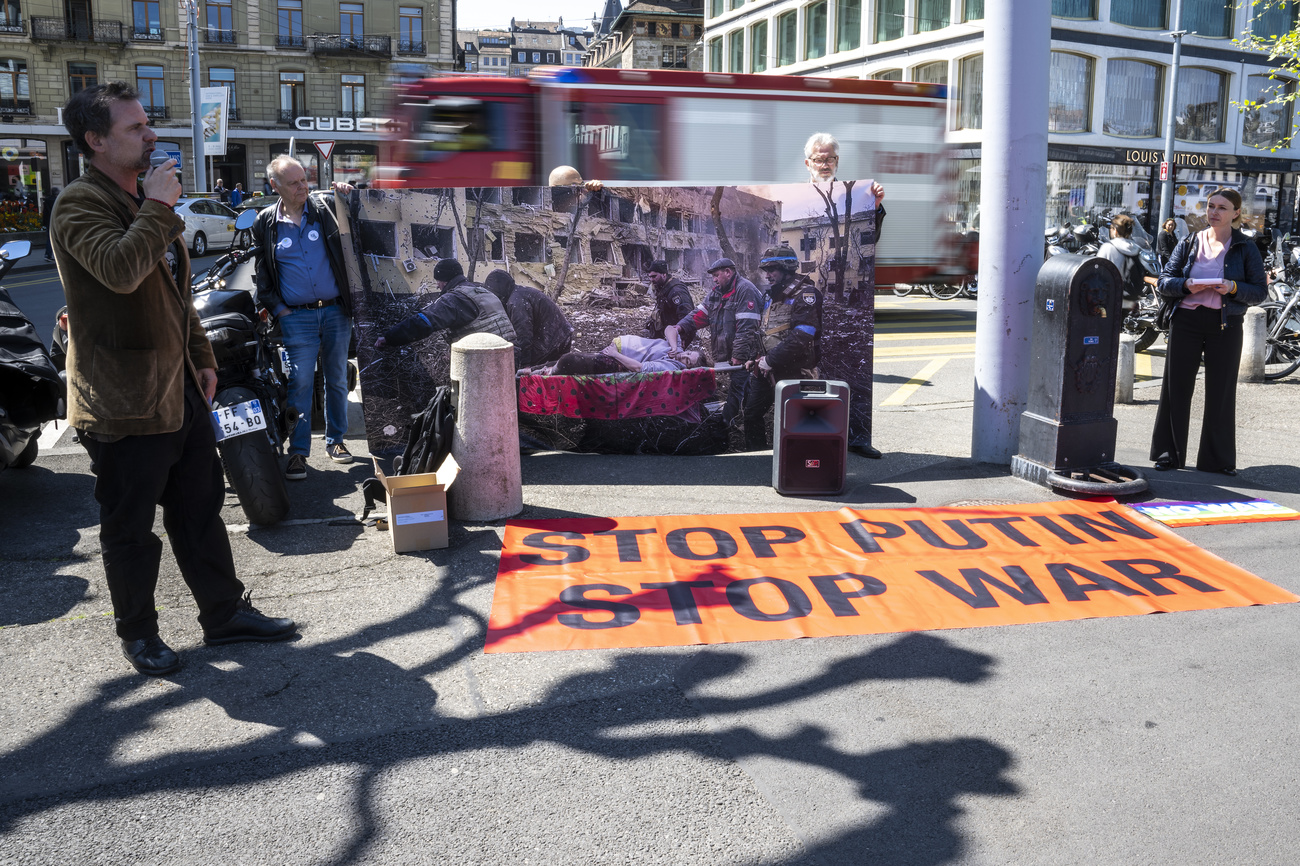
Switzerland is coming under increasing pressure to ramp up efforts to trace and freeze the assets of sanctioned Russians. Can it do more? SWI swissinfo.ch looks at the main areas of contention.
Are CHF6.3 billion enough?
The world’s largest offshore wealth centre and global commodity trading hub has so far frozen CHF6.3 billion ($6.3 billion) and identified 11 properties belonging to Russian oligarchs. But some critics, both at home and abroad, have higher expectations.
The Swiss Bankers Association (SBA) estimates that banks hold up to CHF200 billion belonging to all Russian clients, the majority of whom are not subject to sanctions. This fact, it says, explains why only CHF6.3 billion has been frozen.
Domestically, left leaning political parties say Switzerland should be doing more to freeze assets. The Social Democrats, for example, unsuccessfully demanded the formation of a dedicated federal taskforce to track oligarch funds.
Both the Ukrainian and United States ambassadors to Bern have called on Switzerland to uncover assets that are hidden behind shell companies or obscured by managers who act as proxies for the true beneficial owners.
The most damaging broadside came from the US Helsinki Commission, a quasi-governmental body of politicians that has a hand in influencing US foreign policy. The Commission staged a public hearing on May 5 that accused Switzerland of being a safe haven for Putin regime funds.
The Swiss authorities and financial centre have robustly defended their track record at implementing European Union sanctions. “Switzerland has no reason to be ashamed of the way it applies sanctions by international comparison,” said Swiss government spokesperson André Simonazzi in response to the Helsinki Commission allegations.
Was Switzerland prepared?
Switzerland was initially reluctant to impose financial sanctions on Russian individuals and entities after Russian President Vladimir Putin ordered the invasion of Ukraine on February 24. The government argued this move could violate Switzerland’s historical position of political neutrality.
This stance was met with public protests, rebukes from some political parties, damaging media headlines and pressure from the US and EU. Four days after the invasion, Switzerland announced a u-turn and began imposing full EU sanctions on March 4.
Critics, such as the Social Democratic party, say this demonstrates that Switzerland was ill-prepared to rapidly track down Russian assets. Some cantons have complained that a demand to report villas and other assets belonging to oligarchs was poorly coordinated by the State Secretariat for Economic Affairs (Seco), the government department responsible for implementing sanctions.
Anti-corruption NGO Public Eye points out that Switzerland has a track record of enforcing EU sanctions since the turn of the Millennium. But the scope, scale and speed of sanctions imposed against Russia since its invasion of Ukraine are unprecedented.
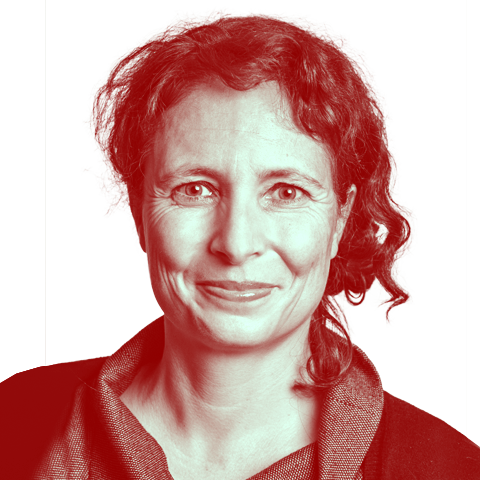
More
Switzerland should do more to freeze Russian assets
The financial centre has dealt with sanctions against Russians since the annexation of Crimea in 2014. The most high-profile oligarch resident in Switzerland, Viktor Vekselberg, had CHF1.5 billion frozen in 2018 while his Swiss bank shut down his personal account.
Where is the money hiding?
Banks have had several years to get used to sanctions against Russians – but so have oligarchs with links to the Kremlin.
This has given them ample time to rearrange their finances with the help of advisors and lawyers. The Panama Papers and further leaked revelations from law firms shed light on the use of shell companies, trust funds and proxy directors who sign the paperwork without owning the assets. Some oligarchs have signed over ownership of assets to relatives or close friends.
For example, Alisher Usmanov, who is sanctioned by both the EU and Switzerland, had already transferred his fortune into trusts that donated the wealth to family members, he has told the media.
“Such structures impede banks and authorities in determining the true beneficial owners of the assets. They are a real danger for the success of the sanctions regime against Russia,” Swiss anti-corruption expert Mark Pieth told the Helsinki Commission.
Under the Swiss Anti-Money Laundering Act, banks must report suspicious clients and transactions to the authorities. Lawyers and other advisors have no such obligation if they simply create trusts and other constructs rather than handle assets.
Swiss banks also want to see laws tightened in this respect. “An extension of due diligence obligations to advisors such as lawyers, tax consultants and fiduciaries would further strengthen the Swiss anti-money laundering system and should be considered for incorporation into Swiss law going forward,” said SBA CEO Jörg Gasser.
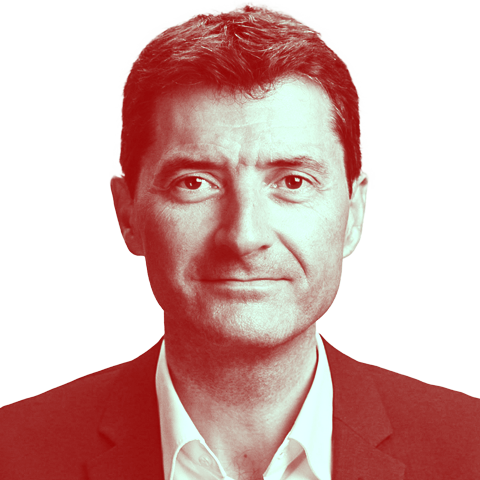
More
Swiss banks rigorously implementing international sanctions on Russia
Last year, the Swiss parliament rejected a proposal to close this loophole. It was successfully argued that this would violate attorney-client privilege and that self-reporting by law firms is sufficient safeguard against money laundering.
The Swiss authorities have likewise rejected long-standing demands from campaigners like Transparency International Switzerland to maintain a public register listing beneficial owners of companies.
Is Switzerland victim of its past reputation?
The Swiss government has vehemently denied being soft on Russian oligarchs following the invasion of Ukraine. Swiss Foreign Minister Ignazio Cassis telephoned his US counterpart Antony Blinken to protest about the Helsinki Commission’s hearing in early May.
Seco says it is in regular contact with international authorities, including the EU Commission’s ‘Freeze and Seize’ taskforce. “The EU Commission expressly stated that it very much welcomes Switzerland’s contribution,” Seco told SWI swissinfo.ch. The Swiss government is also evaluating coordination with the G7’s ‘Russian Elites, Proxies, and Oligarchs’ (REPO) taskforce.
But Switzerland has yet to convince some doubters that it can shrug off its dubious past reputation. In 2020, Daniel Thelesklaf resigned as head of the Money Laundering Reporting Office, describing his position as “untenable”.
“When it comes to money laundering, Switzerland only ever implements the absolute minimum mandatory standards because of pressure from abroad,” he said at the time. “The efficient fight against money laundering is only of secondary importance.”
At around the same time, the former Swiss Attorney General, Michael Lauber, was coming under fire for being too cosy with Russian counterparts. Russian opposition leader Alexei Navalny was one of the most outspoken critics. In 2020, The Office of the Attorney General (OAG) said it was shutting down an investigation into alleged Russian corruption involving the death of a key witness Sergei Magnitsky.
Lauber was eventually forced to step aside in 2020 over the botched investigation of FIFA, but his record in Russia still leaves a sour taste. The OAG would only engage with sanctions if there is a criminal complaint of money laundering or sanctions-busting, but Lauber’s successor, Stefan Blättler, still recognises that he must address flagging public confidence in the federal prosecutor’s office. “It is my responsibility to restore our excellent reputation,” he recently told SWI swissinfo.ch.
Why Switzerland is against a blanket ban on commodity imports from Russia?
Switzerland is a major hub for trading commodities around the world, which includes Russian oil.
The Ukrainian government continues to call on nations to stop importing Russian oil and gas, arguing that this trade is helping to fund Putin’s war machine.
The Swiss authorities can justifiably point out that the EU has been reluctant to issue sanctions on Russian commodities. This is because so many European countries rely on Russian oil and gas to meet their energy needs.
In April, the EU announced sanctions that would prohibit Russian coal imports from August 10. The ban also includes other raw materials, such as wood, rubber, cement and fertilisers. But EU member states have yet to agree on proposals to phase out Russian oil and gas.
Swiss economics Minister Guy Parmelin warns against blanket bans on Russian produced commodities. “I am against taking measures that lead to fresh problems elsewhere and further aggravate the global crisis,” he said in media interview. “This is not just about oil and gas, it is also about food.”
Countries like Jordan, Tunisia and Egypt buy between 50% and 90% of their grain needs from Ukraine or Russia.
Switzerland says it will decide whether to curtail traders’ purchases from Russia’s state-controlled companies on a case-by-case basis. Public Eye rejects this approach and has repeated calls for a separate supervisory authority to police the sector.
The NGO says this body should ensure that raw materials from sanctioned countries are not traded through Switzerland, find out who owns and controls each company and insist that traders carry out due diligence to weed out unwelcome clients.

In compliance with the JTI standards
More: SWI swissinfo.ch certified by the Journalism Trust Initiative

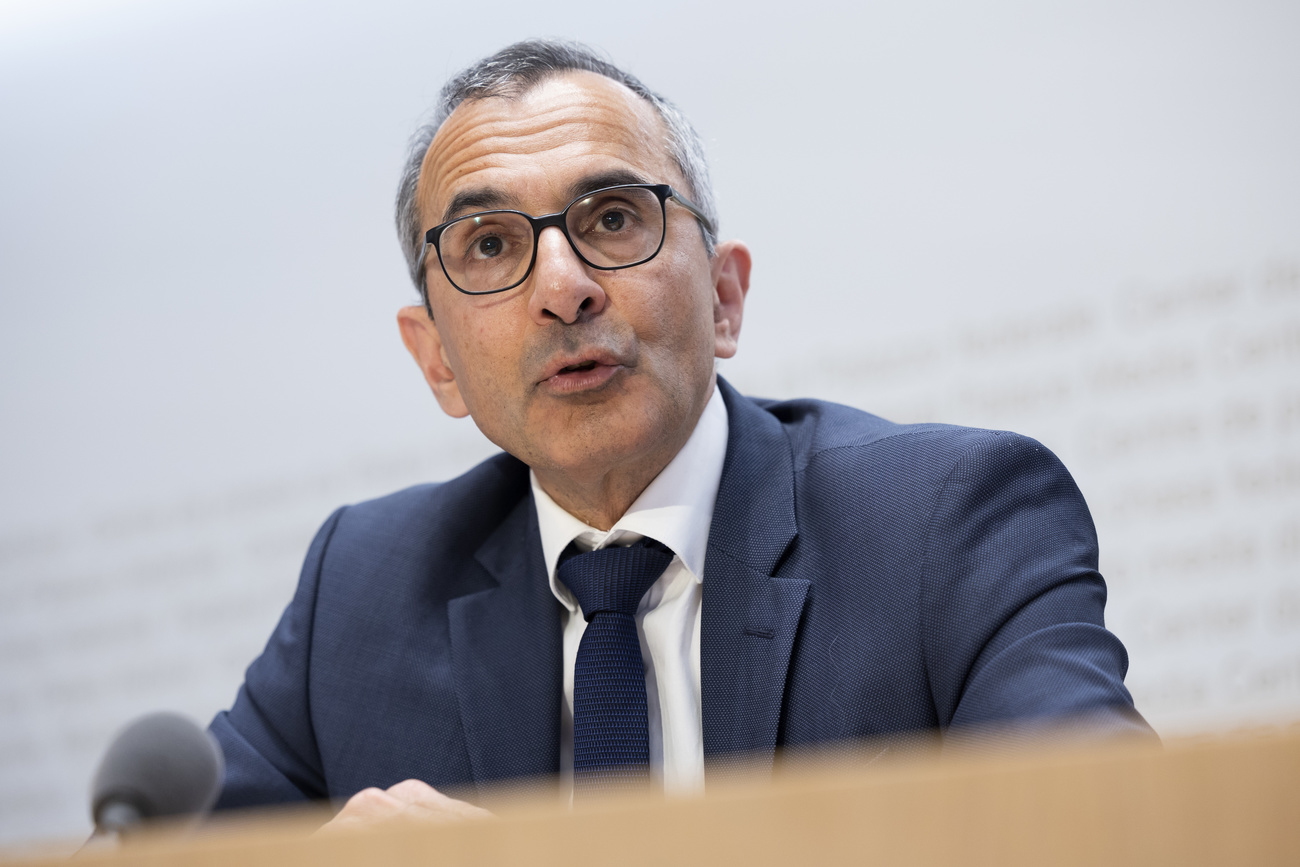
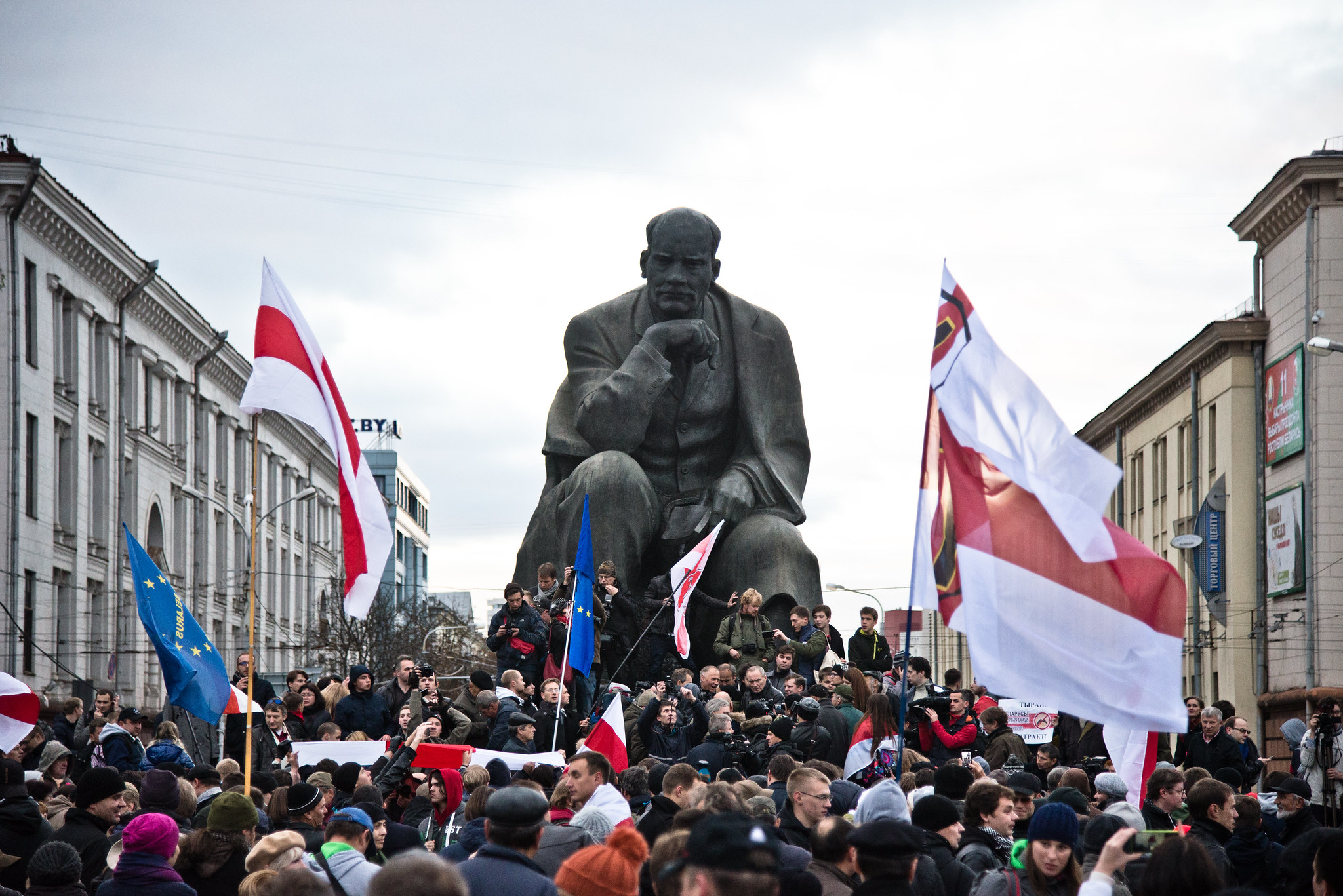
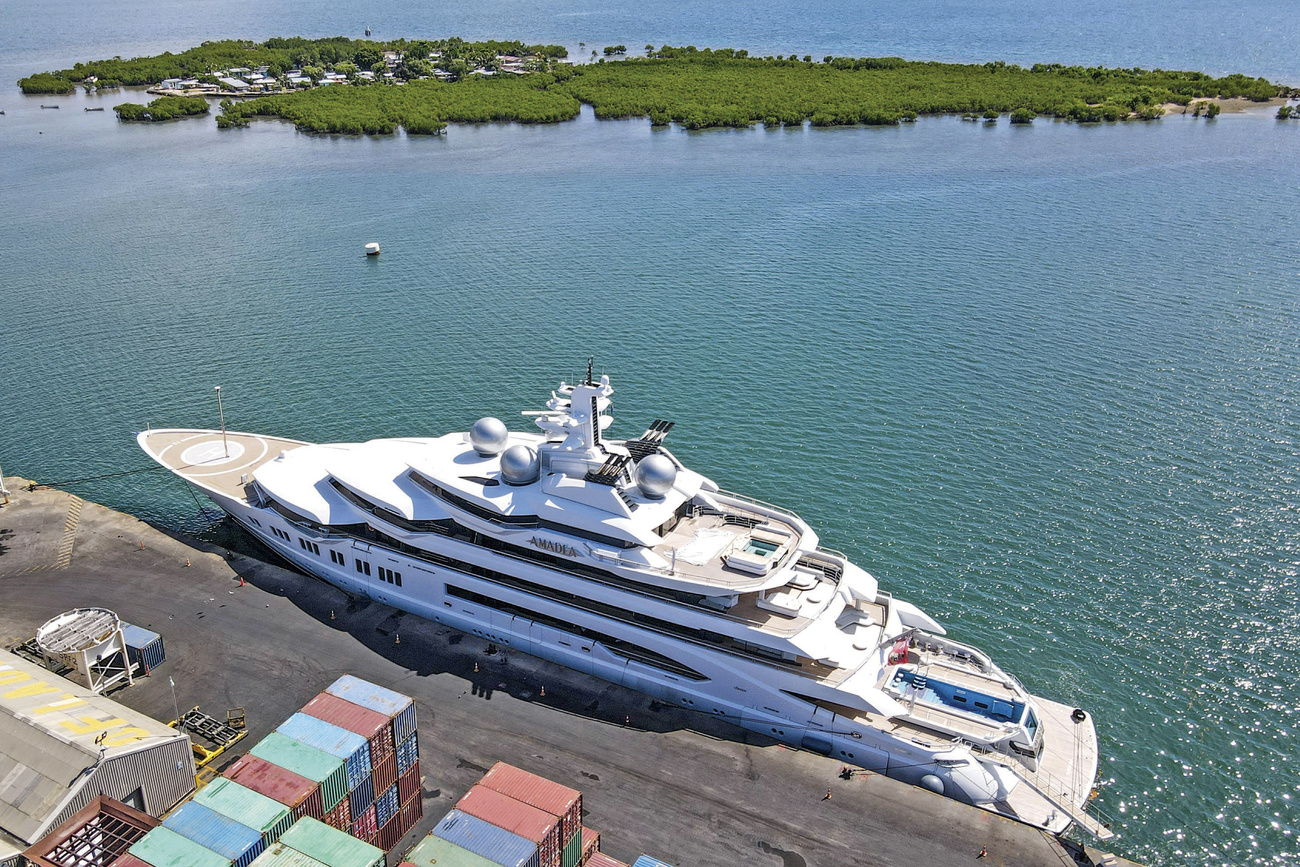
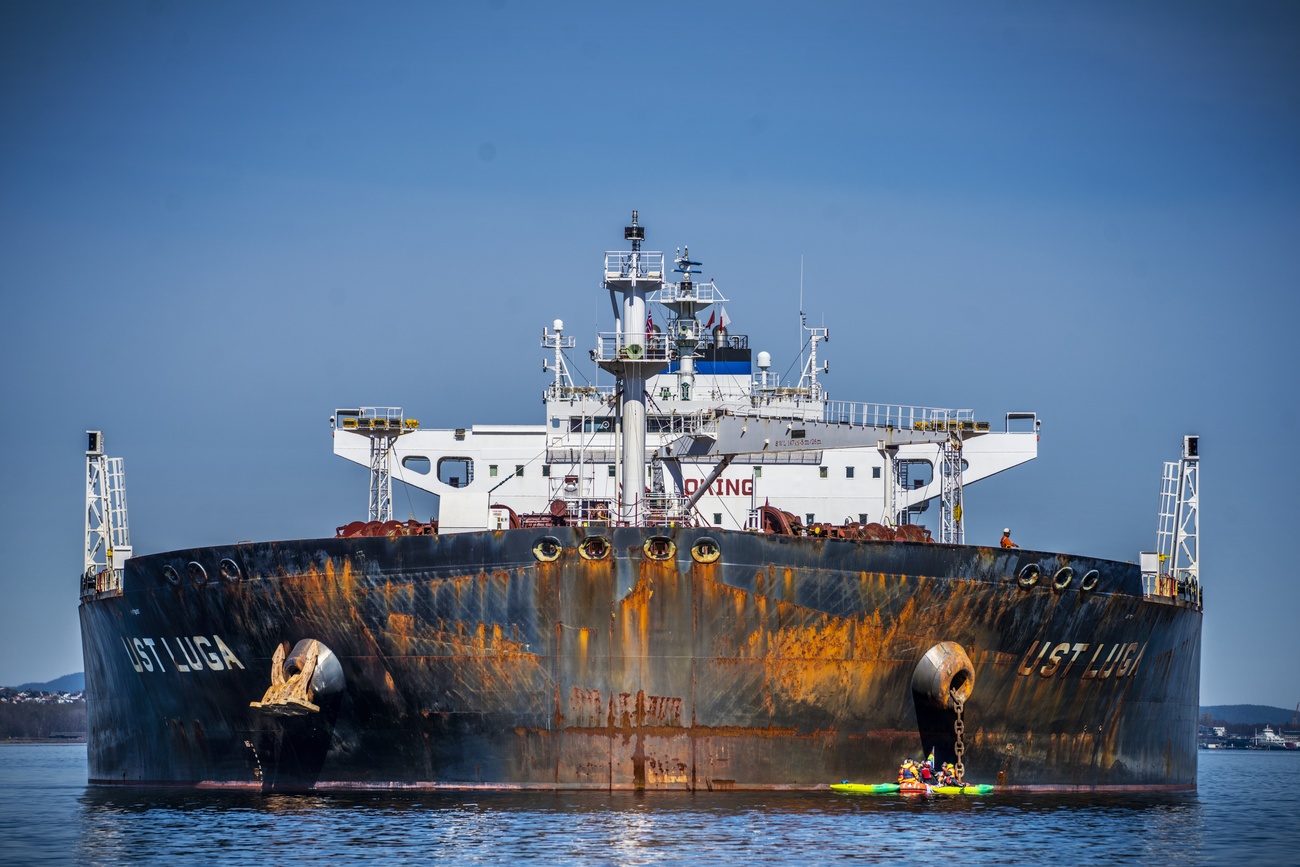
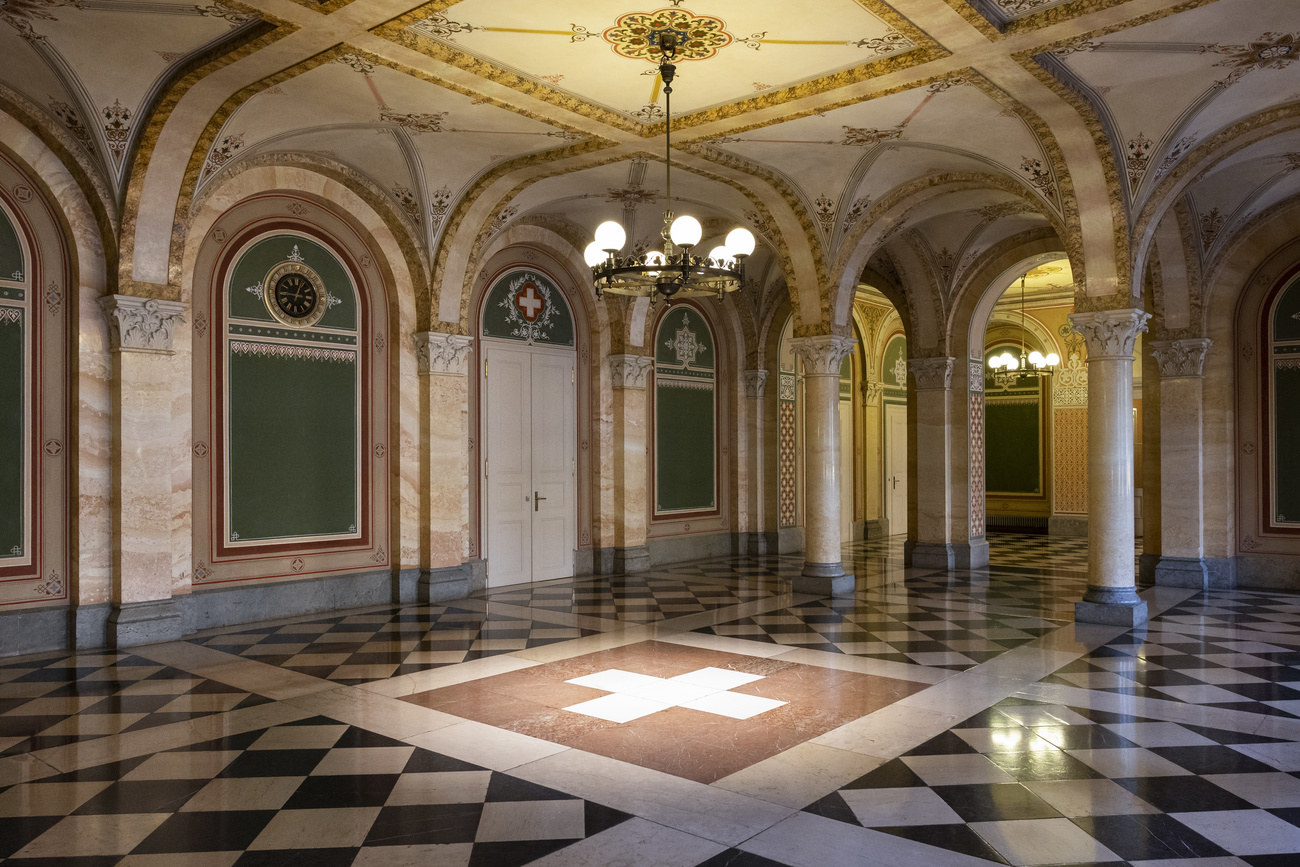
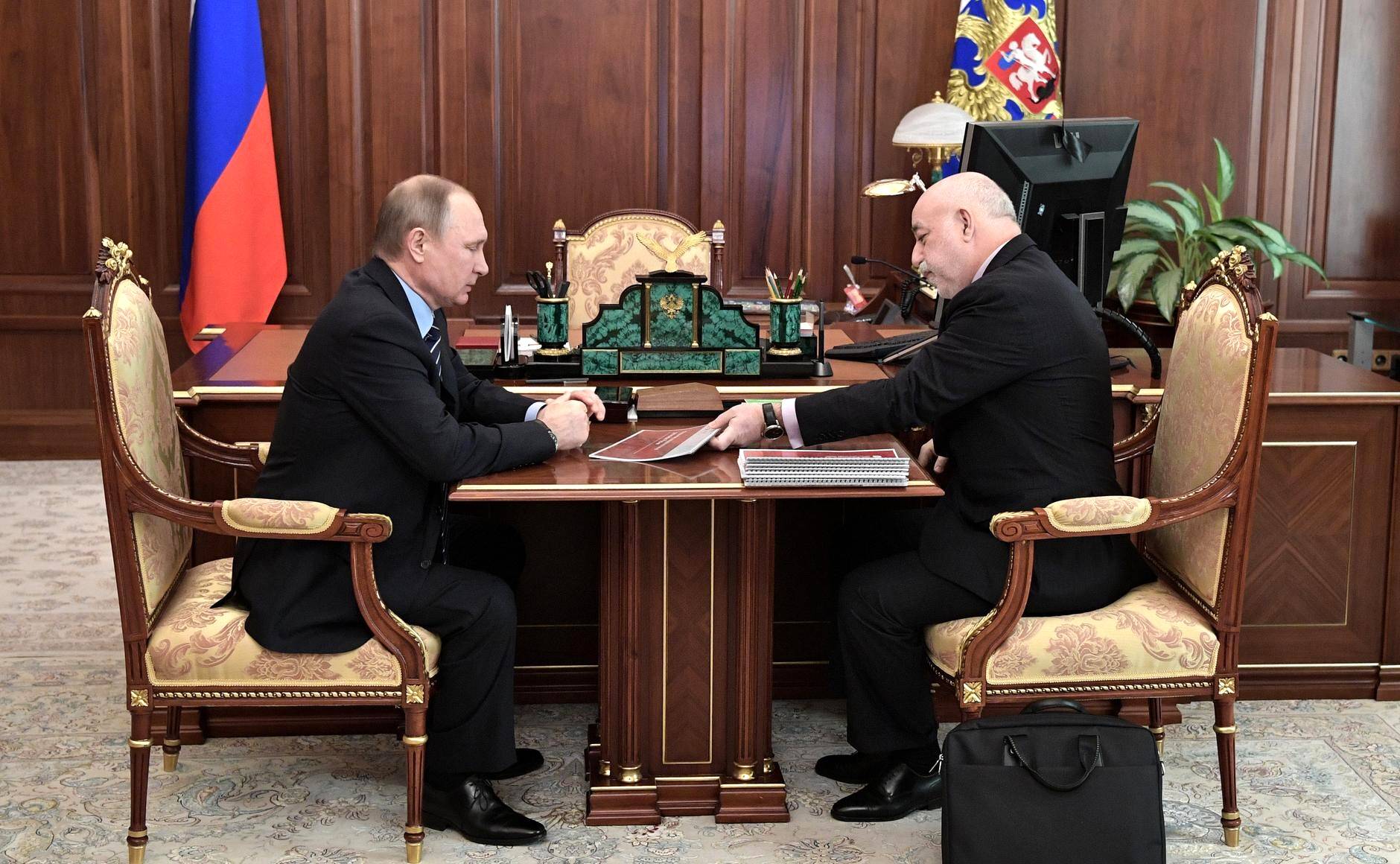
You can find an overview of ongoing debates with our journalists here. Please join us!
If you want to start a conversation about a topic raised in this article or want to report factual errors, email us at english@swissinfo.ch.